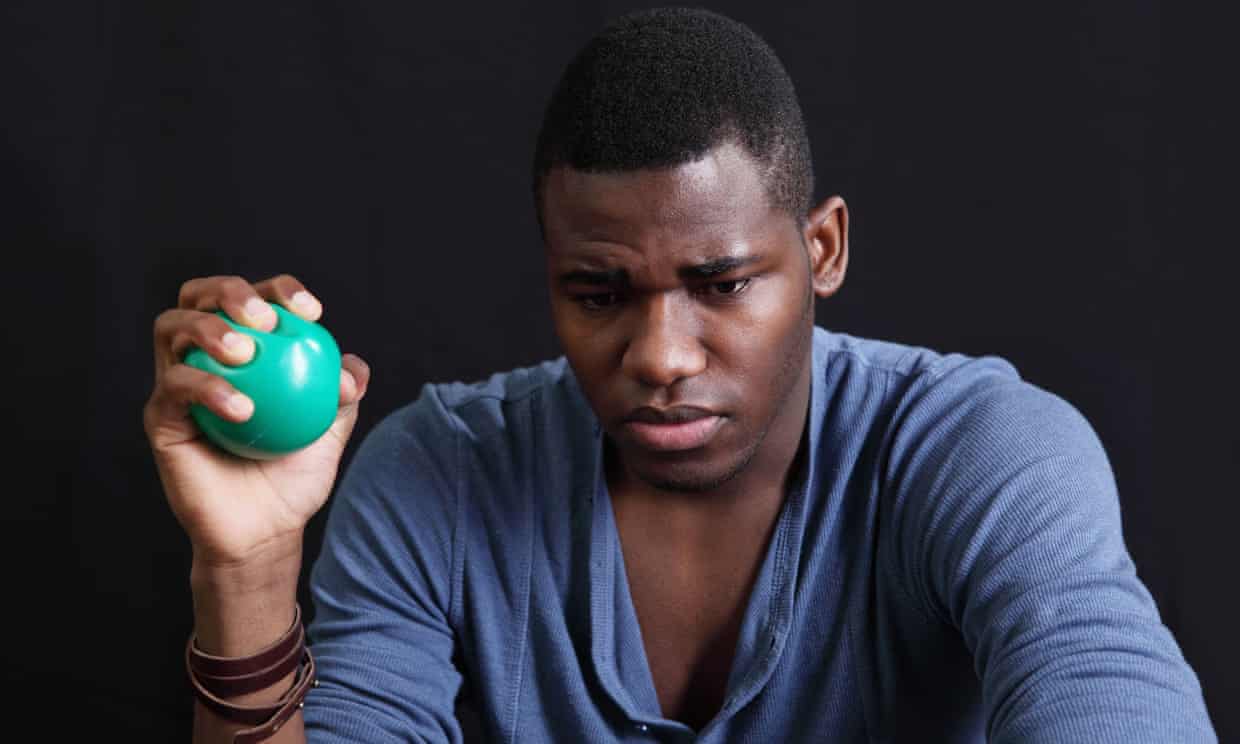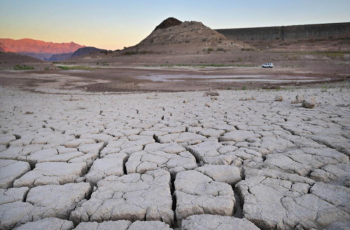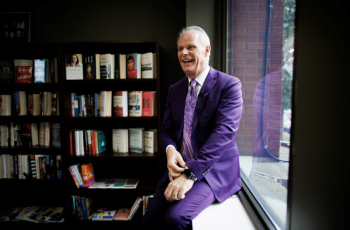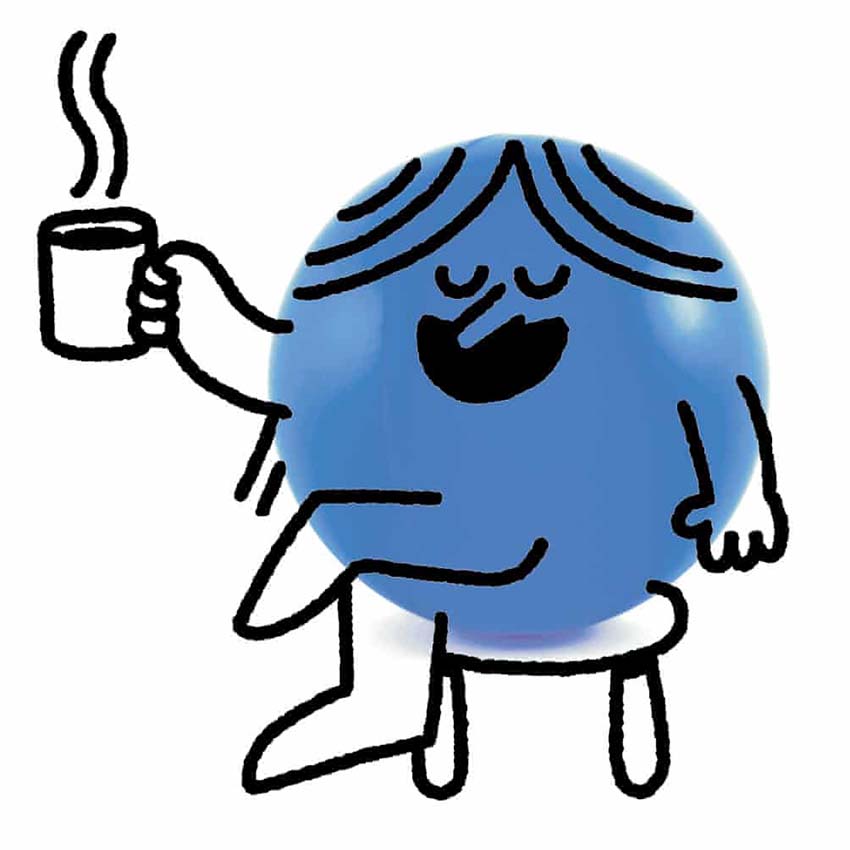'Deep Breath, Cup of Tea, Long Walk': Nine Ways to Stay Calm in a Crisis
A scientist’s step-by-step guide to what to do before, during and after a stressful experience

If you’re feeling under pressure, put down the stress ball and go for a walk Photo Credit : se media | Alamy Stock Photo
From conflicts with colleagues or family, frustrations at work, or even being stuck in traffic our daily lives are not short on stress. These common upsets “psychosocial stressors” incite our emotions, and our brains are equipped with strategies to help regulate them: we might use self-control to override the instinct to focus only on the negative, or reframe stressful situations in a different light to make them less distressing.
As we’ve adapted to the digital age, we’ve adopted habits that hinder the brain’s efforts to regulate emotion. Just five nights of looking at a computer screen for two hours between 9pm and 11pm can lead to a rise in negative emotions the following morning, and instant communication through smartphones tempts us into a state of incessant vigilance.
Your brain records things as you perceive them, not as they actually happen. So if you launch a colossal stress reaction every time someone nudges you on the train, or you read an annoying news headline, or discover you’ve run out of milk, your brain will record your day as having been inordinately stressful when in reality it was quite ordinary. Over time, an overactive emotional brain has trouble bouncing back.
But there are ways to cope. Learning how to anticipate a stressful situation, how to reduce the intensity of your reaction, and how to speed up your recovery can significantly lighten your stress load.
1 Do some gentle morning exercise
In 2015, researchers from Berlin found that in a group of young men, exercising at moderate intensity reduced the cortisol response to psychological stress that happened 90 minutes later. Exercising may also help alleviate anxiety when faced with a sudden, unpredictable shock in a 2018 study in Maryland, US volunteers who exercised at moderate intensity for 30 minutes, were less startled when given an electric shock to the back of the arm without expecting it, an hour after the workout, compared with those who had not exercised.
2 Spend time with a close friend
A 2003 Zurich study found a group of healthy young men had a smaller stress response to a psychologically stressful experience if they had spent time with a best friend immediately beforehand. Humans have evolved in tribes we are hard-wired to feel safer around human connection.
3 Start the day with time outside
Observing the natural world may help you recover faster from subsequent stressful experiences, according to a 2013 study by researchers from the University of Essex. In the study, people looked at pictures of nature, so even if you can’t head out to a garden or park, simply looking at scenes on your laptop can do the trick.
4 Remember to breathe
Several studies demonstrate slow, deep breathing is calming. Most recently, researchers from Georgia, in the US, observed that 15 minutes of deep breathing reduced reactivity of the nerve network that is active during the stress response in veterans with post-traumatic stress disorder.
5 Take control
Believing you are in control of your environment can help curb your stress reaction. As you walk into a stressful situation, remind yourself what is under your control the length of time you spend in a room, what you will or won’t say to somebody, for example. Or if being stuck in a traffic jam is stressing you out, take steps to improve your immediate environment, for instance by planning what you’ll listen to, or using props to make your seat more comfortable.
6 Pour a brew
Tea has anecdotally been associated with stress relief, but this has seldom been tested scientifically. But in a head to head comparison of black tea with a different caffeinated drink, each containing 72mg of caffeine, researchers at University College London discovered tea drinkers recovered faster after stress.
7 Immerse yourself in something else
When you leave an emotionally stressful scene, you might have physically left it but your mind is often still there, replaying the scene on loop. Find an activity that stops your mind from wandering anything absorbing that you enjoy (even playing a game on your phone). In 2002, researchers from the University of California put healthy volunteers through a mentally stressful experience. Half were allowed to rest afterwards while the others were given something demanding to do, requiring their full attention it was this group who relaxed faster.
8 Go for a walk
After a particularly stressful experience, head for a walk or other low intensity exercise. For the rest of the day, move at every opportunity, so you’re physically tired by bedtime. Keep it gentle lighter exercise is best after stress, as it reduces the stress hormone cortisol, while intense exercise can raise its levels. Your heart may not appreciate an all-out workout after a bout of intense stress, either. A 2016 study spanning 52 countries found exercising vigorously while you’re emotionally upset or angry can triple your risk of a heart attack. If you can be around nature while you exercise, even better. Exercising on a cycling machine while listening to birdsong or looking at a nature video reduced perceived stress more than exercising alone. If you’re short on time, even a 15-minute walk can calm you down.
9 Write it down
During a distressing experience, your emotions colour your perception of the event. If you revisit the scene without these emotions, the same event can appear very different. When you’re calmer, write down what happened as if you were a third person observing the scene. When you put your experience into words, you omit emotions and sensations that are irrelevant to the story. As you record the event on the page, you rewrite its memory in your head.
This article originally appeared on : The Guardian
-

Moldovan youth is more than ready to join the EU
2024-04-18 -

UN says solutions exist to rapidly ease debt burden of poor nations
2024-04-18 -

'Human-induced' climate change behind deadly Sahel heatwave: study
2024-04-18 -

Climate impacts set to cut 2050 global GDP by nearly a fifth
2024-04-18 -

US sterilizations spiked after national right to abortion overturned: study
2024-04-13 -

Future of Africa's flamingos threatened by rising lakes: study
2024-04-13 -

Corporate climate pledge weakened by carbon offsets move
2024-04-11 -

Humanity lost 'moral compass' on Gaza: top UN official
2024-04-10 -

No.1 Scheffler says patience and trust are secrets to success
2024-04-10 -

From homeless addict to city chief: the unusual journey of Canadian mayor
2024-04-10


